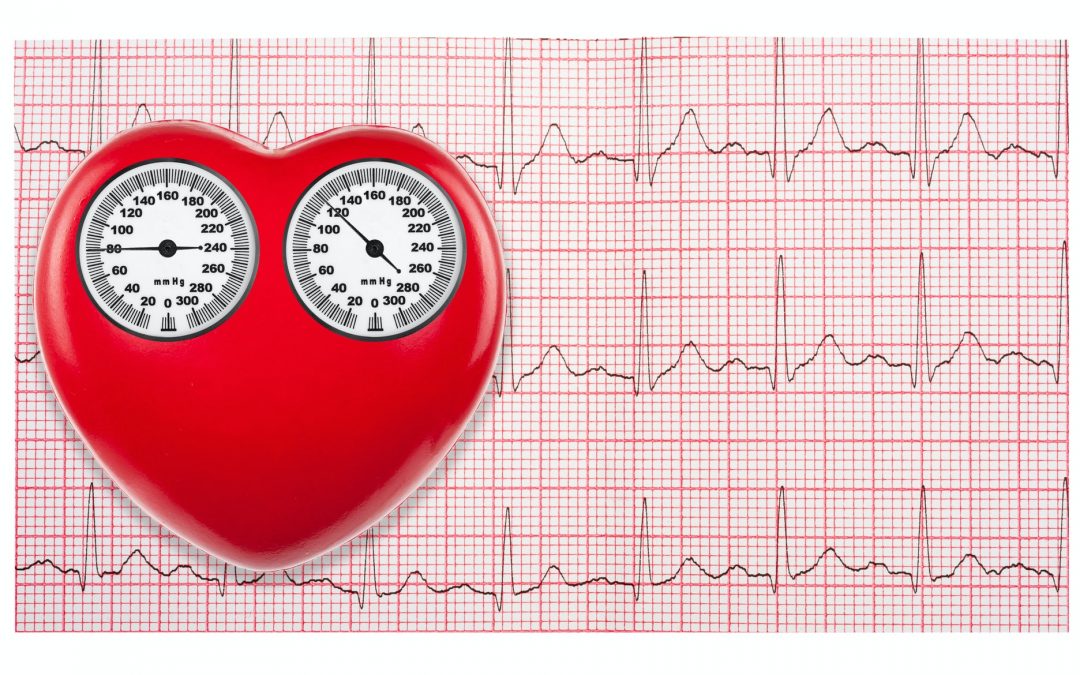ACE inhibitors are drugs used to treat high blood pressure, but how does it work? What does an ACE inhibitor do? Let’s find out.
High blood pressure (or hypertension) affects 1 in 3 adults in the U.S. and millions of people around the world. There are multiple ways to treat this serious condition, with medication being one of the most effective methods.
The specific drugs that treat hypertension are known as antihypertensives, and ACE inhibitors are one of those drugs. Angiotensin-converting enzyme (ACE) inhibitors help to decrease blood pressure numbers by relaxing blood vessels, resulting in better blood flow.
ACE inhibitors are commonly used to treat high blood pressure because individuals can tolerate them fairly well. Moreover, you only need to take them once per day and can take them along with other blood pressure medications.
How do they work?
They serve two primary functions: decreasing sodium amounts in the kidney and stopping the production of angiotensin II. Through these functions, ACE inhibitors can effectively lower blood pressure.
Angiotensin II is a hormone that narrows blood vessels, making it harder for blood to flow effectively. However, ACE inhibitors stop the production of this hormone, which results in better circulation.
 What are the different types?
What are the different types?
There is a variety of types available through prescription. The following is a list of common ACE inhibitor medications, including the generic and brand name:
- benazepril (Lotensin)
- captopril (Capoten)
- enalapril (Vasotec)
- fosinopril (Monopril)
- lisinopril (Zestril)
- quinapril (Accupril)
- ramipril (Altace)
- moexipril (Univasc)
- perindopril (Aceon)
- trandolapril (Mavik)
What are some benefits?
In addition to improving blood pressure, these medications can benefit your overall health. For example, they can help slow the progression of atherosclerosis and even kidney disease.
Atherosclerosis is a disease that affects your blood pressure and is a result of plaque buildup in the arteries. Besides these conditions, ACE inhibitors can be beneficial for individuals with diabetes.
Do they cause any side effects?
While most people have a good tolerance for ACE inhibitors, they can also cause side effects in certain people. Some side effects include low blood pressure, some loss of taste, fatigue, fainting, dry coughs, and a rash.
People who smoke may experience additional adverse effects such as swelling in the lips, tongue, and throat. Consequently, if you smoke, speak with your doctor to consider the risks before using an ACE inhibitor.
Furthermore, those with damaged kidney function should also proceed with caution before using these medications. ACE inhibitors can increase potassium levels, which may result in kidney failure for those with impaired kidneys.
In addition, these drugs are not recommended for pregnant women due to the risk of these side effects.
The Outlook
Like with every medication, you should take ACE inhibitors as directed by your doctor. Moreover, by consistently taking it as part of a treatment plan, you can help lower your blood pressure.
If you’re wary of medications or are not at the point where you need to take drugs for your blood pressure, consider taking supplements. For example, heart health supplements like L-arginine Plus work to naturally improve blood pressure by increasing nitric oxide production.
As a vasodilator, nitric oxide helps blood vessels relax and open up, resulting in better blood flow. Try L-arginine Plus to help improve your circulation and talk with your doctor to see if it can complement your ACE inhibitor treatment plan.

